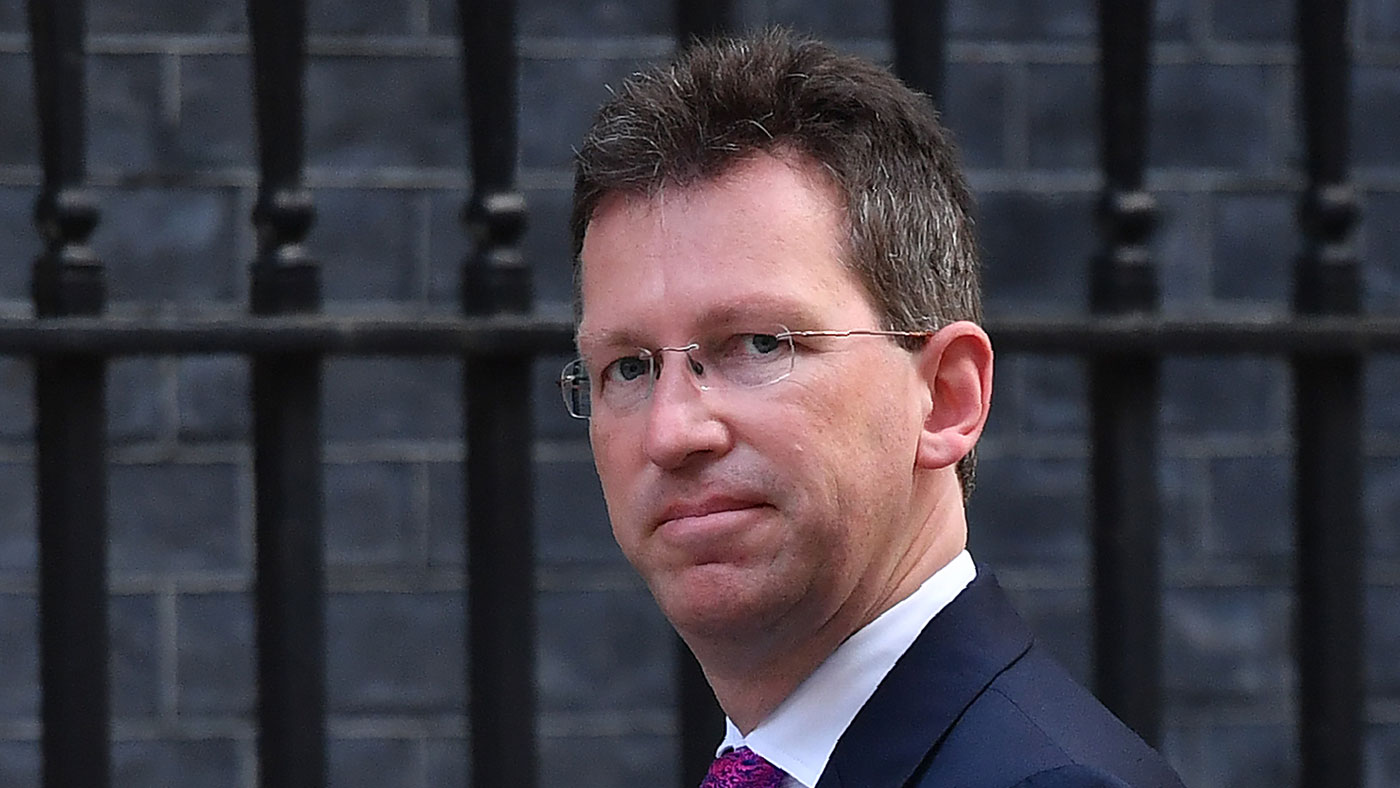Bosses could be prosecuted for fraud committed by staff
Proposals to tackle white-collar crime mean senior managers could be held to account

A free daily email with the biggest news stories of the day – and the best features from TheWeek.com
You are now subscribed
Your newsletter sign-up was successful
The Attorney General, Jeremy Wright, says the government is pushing for new laws to expand current "failure to prevent" offences, which only cover bribery and tax evasion, in a bid to "promote a culture of corporate responsibility".
Under the proposed criminal finance bill, bosses will be held liable for crimes committed by staff such as money-laundering, false accounting and fraud.
The move is among measures to tackle “boardroom excess” that new Prime Minister Theresa May has set out as a central thrust of her premiership. Ministers are also working on plans to place workers' representatives on boards and impose binding votes to curb excessive corporate pay.
The Week
Escape your echo chamber. Get the facts behind the news, plus analysis from multiple perspectives.

Sign up for The Week's Free Newsletters
From our morning news briefing to a weekly Good News Newsletter, get the best of The Week delivered directly to your inbox.
From our morning news briefing to a weekly Good News Newsletter, get the best of The Week delivered directly to your inbox.
Wright added: "When considering the question 'where does the buck stop?' and who is responsible for economic crime, it is clear that the answer is to be found at every level, from the boardroom down."
Lawyer Barry Vitour, a specialist in fraud and white-collar crime, told The Times that the present regime "makes it practically impossible to hold corporate boards to account for misconduct because evidence of that misconduct must be found at the highest level."
Tom Hayes, a former trader who is serving an 11-year prison sentence for the Libor fraud at the investment bank UBS, has questioned the clampdown, saying that despite having evidence that benchmark manipulation was company policy, the Serious Fraud Office declined to question his bosses.
A free daily email with the biggest news stories of the day – and the best features from TheWeek.com
-
 The Olympic timekeepers keeping the Games on track
The Olympic timekeepers keeping the Games on trackUnder the Radar Swiss watchmaking giant Omega has been at the finish line of every Olympic Games for nearly 100 years
-
 Will increasing tensions with Iran boil over into war?
Will increasing tensions with Iran boil over into war?Today’s Big Question President Donald Trump has recently been threatening the country
-
 Corruption: The spy sheikh and the president
Corruption: The spy sheikh and the presidentFeature Trump is at the center of another scandal
-
 Labour shortages: the ‘most urgent problem’ facing the UK economy right now
Labour shortages: the ‘most urgent problem’ facing the UK economy right nowSpeed Read Britain is currently in the grip of an ‘employment crisis’
-
 Will the energy war hurt Europe more than Russia?
Will the energy war hurt Europe more than Russia?Speed Read European Commission proposes a total ban on Russian oil
-
 Will Elon Musk manage to take over Twitter?
Will Elon Musk manage to take over Twitter?Speed Read The world’s richest man has launched a hostile takeover bid worth $43bn
-
 Shoppers urged not to buy into dodgy Black Friday deals
Shoppers urged not to buy into dodgy Black Friday dealsSpeed Read Consumer watchdog says better prices can be had on most of the so-called bargain offers
-
 Ryanair: readying for departure from London
Ryanair: readying for departure from LondonSpeed Read Plans to delist Ryanair from the London Stock Exchange could spell ‘another blow’ to the ‘dwindling’ London market
-
 Out of fashion: Asos ‘curse’ has struck again
Out of fashion: Asos ‘curse’ has struck againSpeed Read Share price tumbles following the departure of CEO Nick Beighton
-
 Universal Music’s blockbuster listing: don’t stop me now…
Universal Music’s blockbuster listing: don’t stop me now…Speed Read Investors are betting heavily that the ‘boom in music streaming’, which has transformed Universal’s fortunes, ‘still has a long way to go’
-
 EasyJet/Wizz: battle for air supremacy
EasyJet/Wizz: battle for air supremacySpeed Read ‘Wizz’s cheeky takeover bid will have come as a blow to the corporate ego’